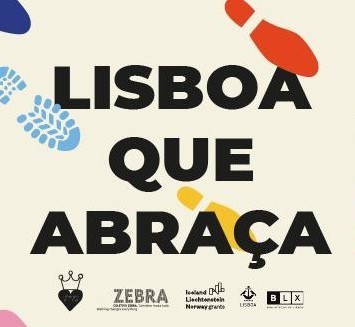Colab Walk my City Free
Colab Walk my City Free

Promoter: Colectivo ZEBRA - Walking changes everything crl
Partners:Corações Com Coroa;
Institut of Transport Economics;
Inland Norway University of Applied Sciences.
EEA Grants: 14 174,91 €
Total Amount: 15 749,90 €
Grace Code: PT-BI019
Programme:What did this initiative focus on?
This initiative consisted of the joint research project Co-Lab 'Walk my city free,' co-financed by the EEA Grants' bilateral relations fund. It brought together the Zebra Collective, the Institute of Transport Economics (TØI), the Inland Norway University of Life Sciences, and the association Hearts With Crown to develop tools addressing gender-related issues in urban dynamics. The goal was to contribute to making cities more inviting for women of all ages to confidently use public spaces with fewer fears and discomforts.
The project sought to identify necessary changes and adjustments for neighborhoods to evolve into more welcoming environments for everyone, specifically for women of all backgrounds and ages to feel that the streets and neighborhoods belong to them—a place where they feel comfortable, confident, and safe, liberated from the threat of harassment and assaults.
The target of the Co-Lab Walk my city free is to create inviting cities that can be explored on foot, genuinely welcoming everyone—individuals identifying with all genders, enjoying walking through streets, squares, and parks with complete freedom, roaming without any sense of constraint.
Throughout the project, technical debates were organized among experts, a survey on walking practices in cities with a focus on gender equality was conducted, tools were developed to support mapping walkability in cities with a gender equality focus, and a tool was created to assist technicians and decision-makers involved in urban design for the development of more walkable solutions with gender equality in cities.
Co-Lab provides a set of principles and practical guidelines to assist designers and all involved in common public space planning processes in the intervention for streets, neighborhoods, parishes, and cities to be more pedestrian-friendly for everyone.